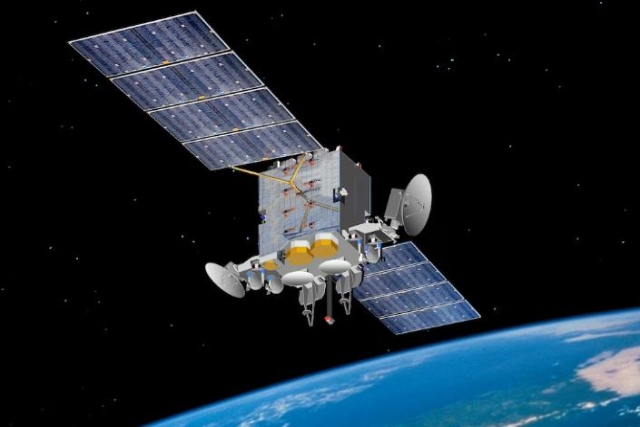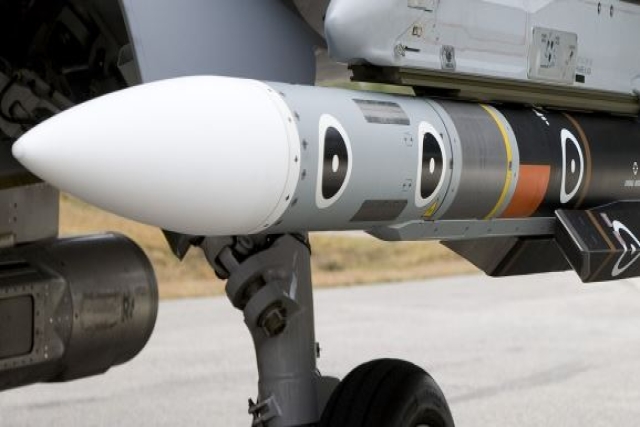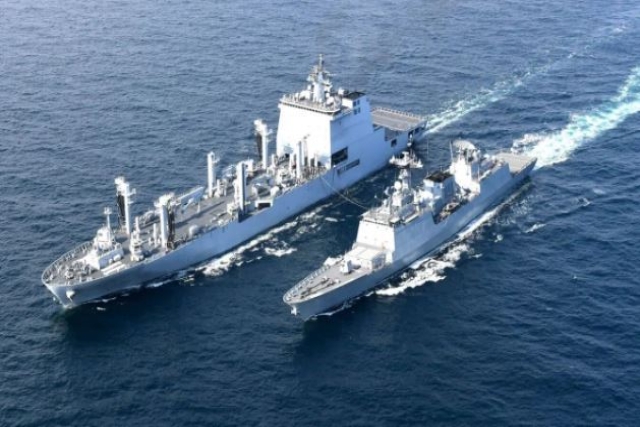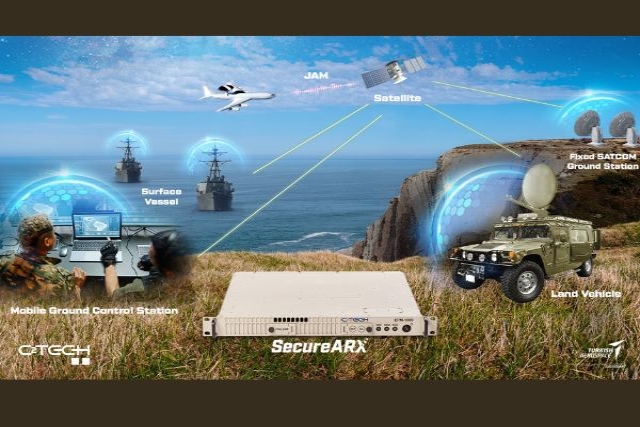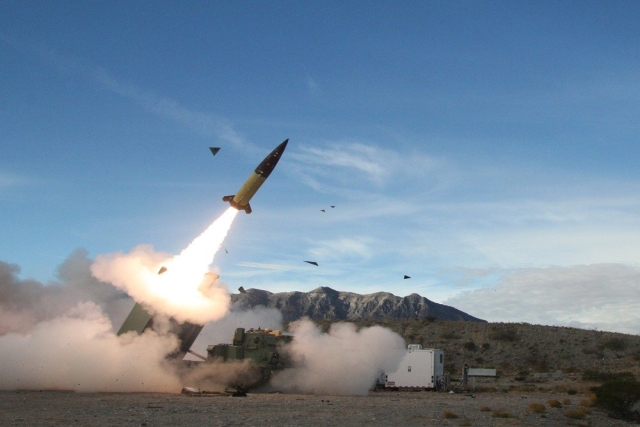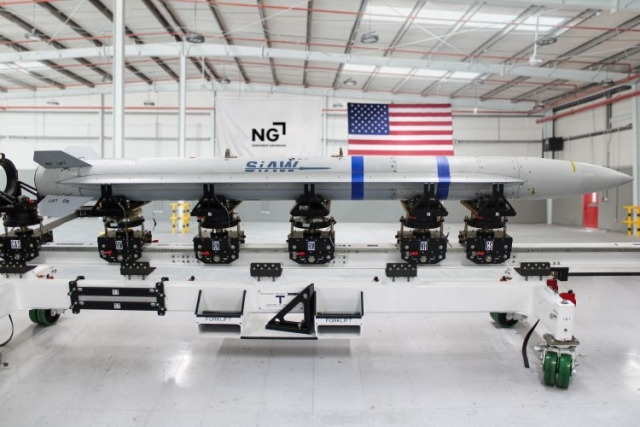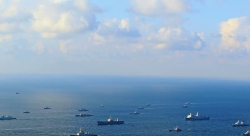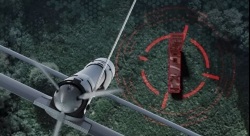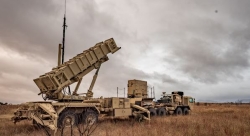South Korea’s Dokdo-Class Amphibious Assault Ship to Get New AESA Radar, Combat System
The Defense Acquisition Program Administration to modernize Dokdo with radar, combat system, and surveillance upgrades.
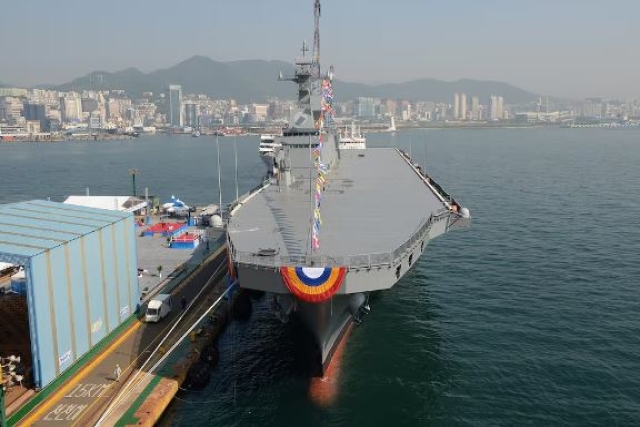
South Korea’s Defense Acquisition Program Administration (DAPA), has initiated a comprehensive modernization project for the Dokdo-class amphibious assault ship, starting with a design confirmation meeting on October 24.
The Dokdo performance improvement project will focus on installing advanced, domestically-produced systems to enhance its defense capabilities in South Korea’s territorial waters.
South Korea has two Dokdo-class amphibious assault ships: ROKS Dokdo (LPH-6111) and ROKS Marado (LPH-6112). The first ship, ROKS Dokdo, was commissioned in 2007, while the second, ROKS Marado, was commissioned in 2021 with several upgrades over the original, including improved radar and other systems.
As part of this upgrade, the Dokdo will be fitted with a newly optimized combat system, similar to the latest Ulsan-class Batch-III frigates. This updated system integrates new software, offering a 100-fold increase in information processing speed and a fivefold improvement in target tracking capacity. It will also enhance the combat system's expandability, mobility, and stability, aligning the Dokdo with modern naval operational needs.
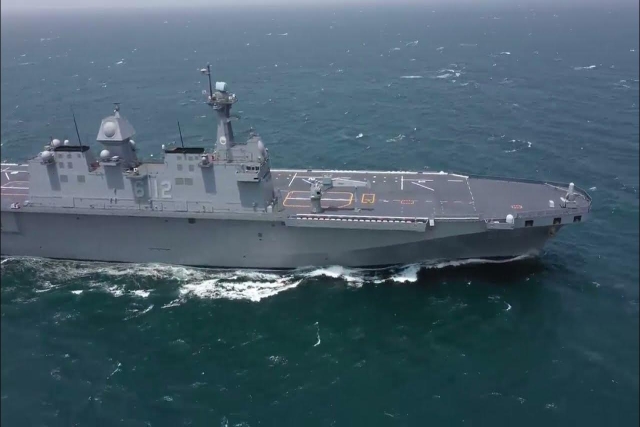
The ship’s existing rotary air defense radar, previously sourced from the Netherlands, will be replaced with a domestically-developed four-sided AESA radar. This radar, modified to fit the Dokdo’s mast, is expected to double its target detection range and processing capacity, further enhancing situational awareness for the ship.
Additionally, the VAMPIR infrared search and track equipment imported from France will be substituted with a Korean-developed version, quadrupling the target update rate. Other critical systems, such as the torpedo countermeasure system and navigation radar, will also be upgraded, and the combat information center and command rooms will be modernized to support amphibious landing operations more effectively. The project also includes updates to power, cooling, and air conditioning systems to accommodate the new technology.
The full-scale performance improvement phase is scheduled to commence in July 2025.
